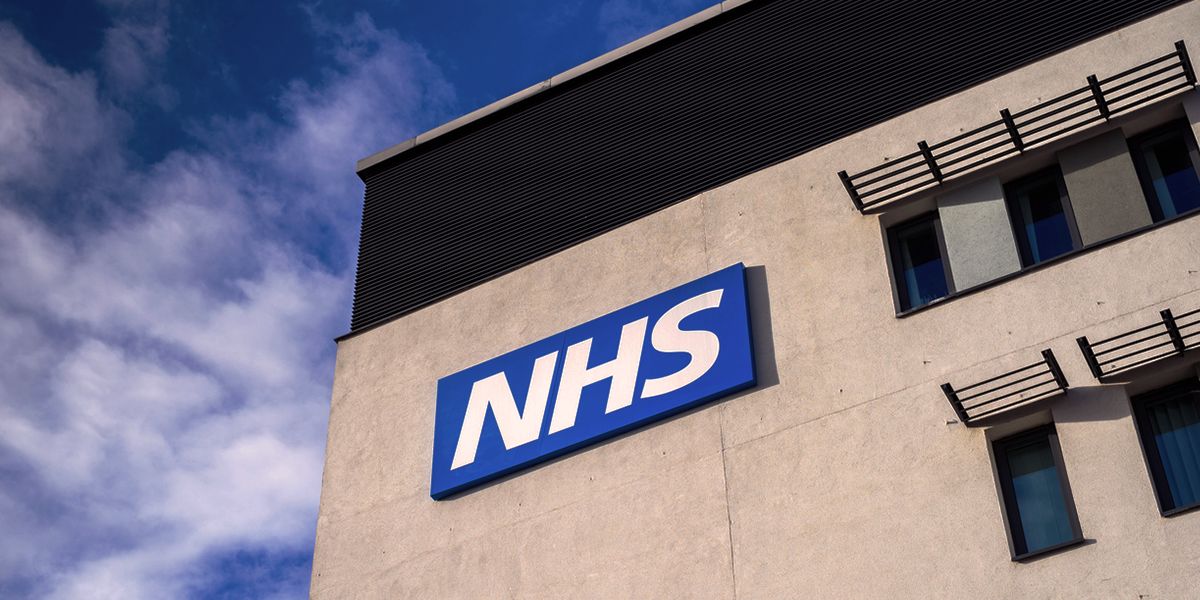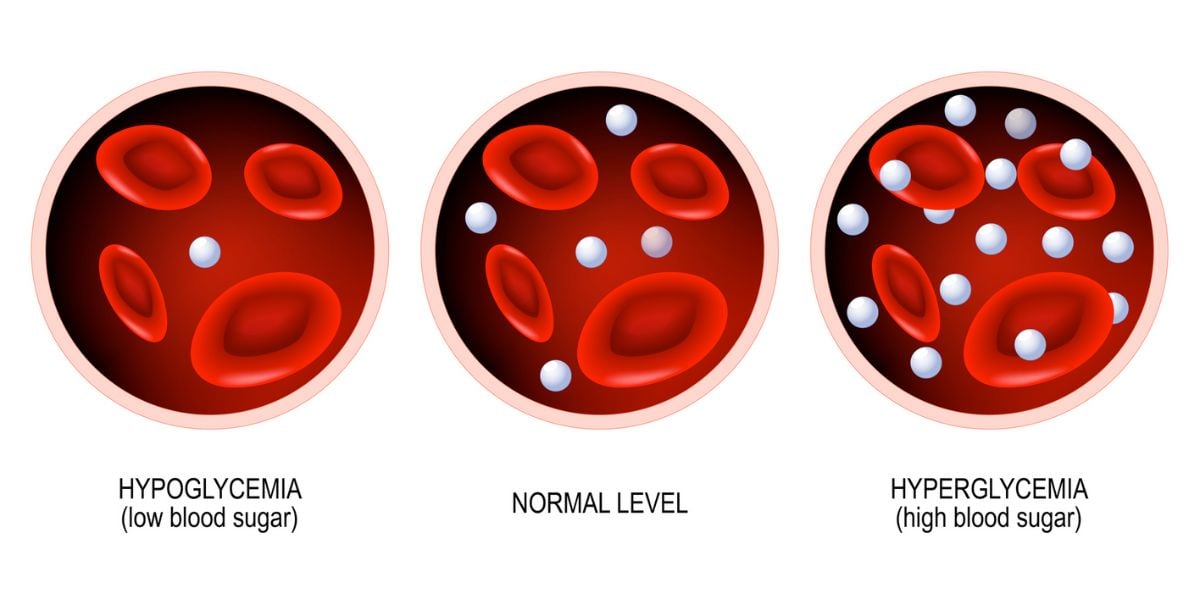In the UK, current 2022 NHS diabetes diet advice is that there is no special diet for people with diabetes.
Many people with diabetes focus on the carbohydrate content of their meals and prefer a low-carb diet for tight blood glucose level control.
The NHS (and Diabetes UK ) recommend a healthy, balanced diet that is low in fat, sugar and salt and contain a high level of fresh fruit and vegetables.
This guide reviews the diet advice the NHS gives to people with diabetes and discusses to what degree the advice is sensible.
What does the NHS advise?
The NHS provides the following diet advice for people with diabetes: [147] [148]
- Eat plenty of starchy carbohydrates with a low glycemic index (low GI)
- Increase the amount of fibre in your diet
- Eat plenty of fruit and vegetables – at least 5 portions per day
- Cut down on fat and saturated fat in particular
- Choose foods with unsaturated fat instead – such as vegetable oils, reduced fat spreads, oily fish and avocados
- Choose low-fat dairy products
- Choose lean meat – such as skinless chicken
- Avoid fatty or processed meat
- Eat fish at least twice a week and ensure you have oily fish at least once a week
- Eggs and beans are other good sources of protein
- Cook food by grilling, baking, poaching or steaming instead of frying or roasting
- Avoid fatty or sugary snacks – such as crisps, cakes, biscuits and pastries
- Eat snacks such as fruit, unsalted nuts and low-fat yoghurts
- Cut down on sugar
- Eat less salt – have less than 6g of salt (2.4g of sodium) per day
- Cut down on alcohol
- Don’t skip breakfast
- Keep hydrated – aim to drink between 1.6 and 2 litres of fluid each day
Is the NHS advice sensible?
Whilst a number of these points are undoubtedly sensible, some of the recommendations have been criticised by patients and some leading UK healthcare professionals.
The following points are sensible:
- Eat plenty of vegetables
- Have sufficient fibre in your diet
- Cut down on sugar
- Cut down on processed meat
- Eat fish regularly
- Cut down on energy dense, processed food – such as crisps, cakes, biscuits and pastries
- Cut down on alcohol
- Cut down on salty processed foods
However, some of the recommendations may inadvertently lead to poorer diet choices.
The recommendations for people with diabetes to eat plenty of starchy carbohydrate and avoid fat from meat and dairy could lead to poorer blood glucose control, particularly in people with type 2 diabetes
Having said that, the NHS has certified the Low Carb Program to provide structured education and weight management support to people with type 2 diabetes.
Should I base meals upon starchy carbohydrate?
The NHS advises people, including those with diabetes, to base meals around food with starchy carbohydrate such as:
- Potatoes
- Cereals
- Pasta
- Rice
- Bread
The problem with this advice is that even starchy carbohydrates with a low GI can have a pronounced effect in raising blood glucose levels.
Starchy carbohydrate may be problematic for many people with type 2 diabetes as carbohydrate requires greater insulin production than fat or protein does. Research studies have shown that greater insulin production increases the effect of insulin resistance.
By advising people with insulin resistance and type 2 diabetes to base their meals around carbohydrate, the NHS diet advice increases the underlying problem of insulin resistance
People with type 1 diabetes may find that having meals based on starchy carbohydrate helps them to better estimate insulin doses. By contrast, some people with type 1 diabetes have reported better success by following a low carbohydrate diet. Adjusting to a low carbohydrate will require care and dedication and the support of your diabetes health team.
- Read more about the debate around NHS carbohydrate advice
Should I eat less saturated fat?
The problem with the NHS’s recommendation to eat less saturated fat is that it makes no distinction between different sources of saturated fat.
Saturated fat should be regarded as a healthy form of fat as long as it comes from natural sources such as:
Rather than condemning saturated fat, the NHS should instead advise people to cut down on ‘processed sources of fat’, which include:
- Cakes
- Biscuits
- Crisps
- Chops
- Pastries
Note that many of these foods are high in calories because they are packed with vegetable oil.
Research into fat in the news
- Fats found in Nordic diet play ‘significant’ role in health
- Altering diet plan and circadian clock affects vital fat tissue
Should I eat low-fat products?
Whilst the NHS has taken great trouble to coerce the public to buy low-fat dairy, research studies have shown eating full fat dairy to be just as healthy, if not more healthy.
A notable point about products labelled as low-fat is that many of them have added sugar, salt or other unnatural additives to replace the fat.
Should I eat fruit?
As long as not eaten in excess, fruit is a healthy part of the diet.
Caution should, however, be taken with fruit juice as it has a high sugar content and raises blood glucose levels very quickly.
It is better to eat whole fruit instead of fruit juice as whole fruit contains more fibre which helps to slow down the impact on blood glucose levels
Should I follow the NHS diet advice?
A number of leading healthcare professionals admit that the diet recommendations for people with diabetes are flawed, particularly in regard to people with prediabetes and type 2 diabetes.
One diet which has found common ground for agreement, between the NHS and the healthcare professionals that have criticised the NHS diet, is the Mediterranean diet
The agreement is undoubtedly a result of the Mediterranean diet being based upon fresh, unprocessed food, includes natural sources of fat and is a flexible diet to follow.




